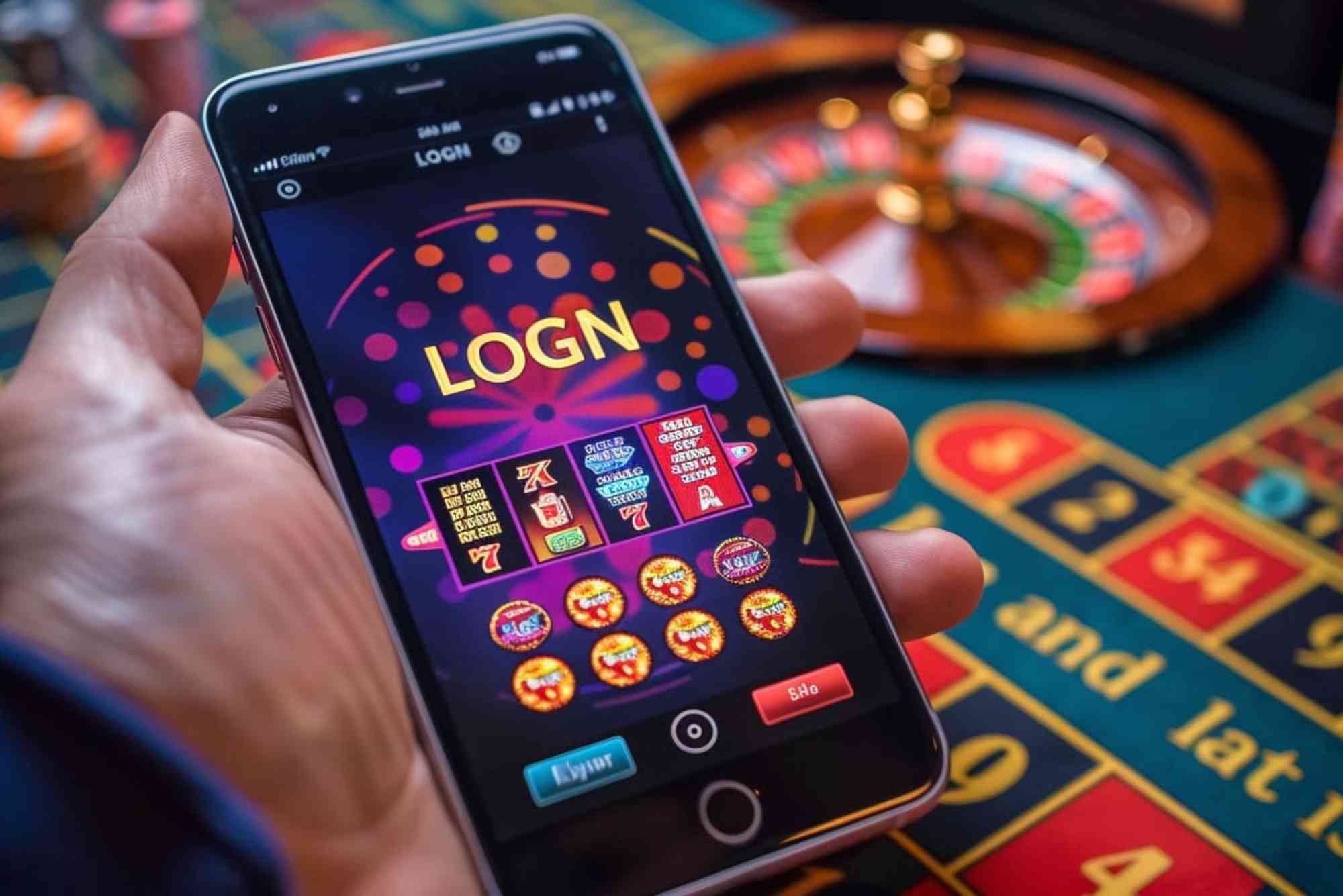Online slot games have skyrocketed in popularity over the past decade, thanks to their convenience and the thrill of spinning reels for real money. Yet with increasing concerns around data privacy and personal security, many players wonder whether they can enjoy their favorite slot titles without revealing their identity. In this article, we’ll explore the possibilities and limitations of playing slot games anonymously online, drawing on expert insights and real-world examples to guide you through the process.
Understanding Anonymity in Online Gambling
When we talk about anonymity in online gambling, we’re referring to the ability to place bets and spin reels without providing personal identifying information such as your name, address, or banking details. Typically, licensed online casinos require you to verify your identity under Know Your Customer (KYC) regulations. This process ensures the site complies with anti-money laundering (AML) laws, protects vulnerable players, and maintains fair play. As a result, true anonymity is rare on fully regulated platforms.
However, there are workarounds that some players use to maintain privacy. These methods often come with trade-offs in terms of convenience, security, or legal protection. Below, we’ll break down the most common approaches and explain what to watch out for.
Playing Without Registration
One of the simplest ways to achieve a level of anonymity is by using casinos that offer “no registration” or “instant play” features. These sites let you deposit funds and play directly without creating a traditional account or completing a lengthy KYC process. Typically, you:
Fund your wallet using cryptocurrency or e-wallets
Receive a unique session token or wallet ID
Start spinning immediately
While you might not submit personal documents, your IP address and wallet transactions are still traceable. This method offers a fast entry point, but it comes with drawbacks. Without a full account, you may not qualify for loyalty bonuses, VIP programs, or large withdrawals unless you eventually verify your identity.
Using Cryptocurrency to Mask Transactions
Cryptocurrencies like Bitcoin and Ethereum have become popular in the gambling world for their relative privacy features. When you deposit and withdraw with crypto, you avoid sharing bank or card details. Transactions are recorded on a public blockchain, but wallet addresses are not inherently tied to your personal identity.
Many sites now accept crypto, but be cautious: transactions can still be linked back to your identity if you’re not careful. If you exchange crypto on a know-your-customer–compliant exchange, that link is recorded. For maximum privacy, some players use decentralized exchanges or peer-to-peer platforms, though these come with higher fees and increased risk.
Offshore and Unlicensed Casinos
A more extreme route is to play on offshore or unlicensed casinos that don’t enforce KYC. These sites may let you sign up with minimal details and only request verification when you hit a large win or withdrawal threshold. While this sounds ideal for anonymity, it’s fraught with risk. Unlicensed operators lack regulatory oversight, so there’s no guarantee your funds are safe or that games are fair.
Moreover, these platforms often have poor customer support, delayed payouts, and unreliable security measures. In many cases, the small privacy gain is outweighed by the significant risks involved.
Balancing Privacy and Safety
If you value both privacy and security, a balanced approach is wise. Many reputable casinos listed under the umbrella of “online slots UK” allow smaller deposits with limited verification initially. You can test the waters, enjoy a few spins, and only complete KYC when you intend to make larger withdrawals. This strategy gives you a taste of anonymity while keeping your funds protected under regulated safeguards.
When choosing a site, look for one that clearly outlines its verification policy, bonus conditions, and withdrawal limits. That transparency helps you plan your play without unexpected demands for documents.
Practical Tips for Safer Anonymous Play
From my own experience, here are some tactics that have worked well when I wanted privacy without sacrificing the integrity of my deposits:
Use a privacy-focused VPN to mask your IP address and location.
Choose casinos with mixed-verification models—play first, verify later.
Fund your account via e-wallets or prepaid cards rather than bank transfers.
Keep bets small until you’re ready to reveal more information.
These steps can help you maintain a degree of anonymity while ensuring you remain within the bounds of safe, regulated gaming.
Real-World Example: Crypto Casino Trial
Last year, I decided to test an anonymous approach at a popular crypto-accepting casino. I registered using only an email address, deposited 0.01 BTC, and played several slot titles ranging from classic fruit machines to modern video slots. My experience highlights a few key takeaways:
Deposits cleared instantly, and I could start playing within minutes.
The UI was mobile-friendly, adapting smoothly whether I played on desktop or smartphone.
Withdrawal requests above 0.1 BTC triggered KYC, which I anticipated and prepared for in advance.
This example shows that while you can begin anonymously, larger transactions inevitably require verification—so it’s best to treat anonymity as a temporary measure rather than a permanent shield.
The Role of Regulation and Trust
Playing anonymously might feel empowering, but it’s crucial to understand the protections you might be giving up. Licensed casinos must adhere to strict standards set by authorities like the UK Gambling Commission. By forgoing verification, you lose those consumer safeguards, leaving yourself vulnerable to unfair practices or fraud.
That said, if you’re determined to maintain privacy, carefully selecting trustworthy platforms is key. Some newer sites strike a balance by allowing lower-tier play without KYC while still operating under reputable licenses. Scanning for reviews, checking auditing certificates, and confirming the casino’s regulatory status can help you make informed choices.
Final Thoughts: Is Anonymous Play Worth It?
Trading privacy for security is a personal decision that depends on your priorities. If you occasionally want to spin anonymously for a small stake, using e-wallets and smaller deposits at regulated casinos can be a good compromise. But if you’re serious about larger wins, you’ll likely need to complete verification at some point—and that’s a trade many seasoned players accept for the peace of mind it brings.
In short, yes, you can play slot games anonymously online—up to a point. Whether through no-registration models, cryptocurrency deposits, or offshore sites, there are ways to mask your identity. Yet each tactic carries its own set of trade-offs. By staying informed and choosing your platform carefully, you can enjoy the excitement of slot gaming while maintaining as much privacy as possible.



